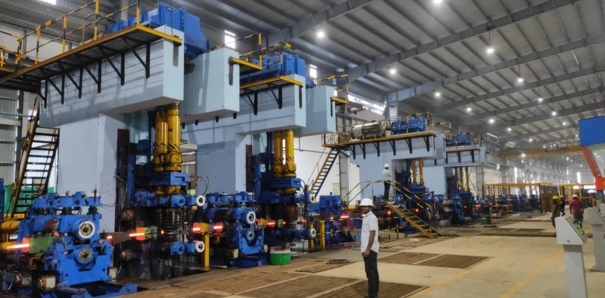
Every large-scale industrial sector — whether steel rolling mills, sugar refineries, or waste compaction — faces unique operational demands. Off‑the-shelf hydraulic systems often fall short when dealing with extreme pressures, special actuation sequences, space constraints, or fluid cleanliness requirements. That’s where custom hydraulic systems come into play — engineered precisely to match each industry’s workflow, producing greater efficiency, reliability, and longevity.
A custom hydraulic system is one that’s designed from the ground up: selecting pump sizes, valves, cylinders, manifolds, control logic, filtration, and sensors all tailored to the application. Unlike generic systems, custom hydraulics incorporate factors such as duty cycle, pressure peaks, fluid properties, temperature, and load dynamics to deliver optimal performance. For example, in a rolling mill, you need tight synchronization between multiple cylinders under high loads; in a sugar refinery, you may require aggressive filtration and contamination control to protect delicate components. Customization enables better load balancing, energy savings, smoother control, and reduced downtime. Many engineering firms specializing in custom hydraulics highlight their ability to deliver “complete systems from concept to commission,” ensuring the design, manufacture, testing, and commissioning all match the client’s demands.
The future will see smart, modular, and adaptive custom hydraulics. Systems will incorporate embedded sensors, condition monitoring, predictive maintenance, and AI-based control algorithms that adjust system parameters on the fly. Clients will demand plug-and-play modules that can integrate across sectors. As industries push for sustainability and energy efficiency, custom hydraulics that allow regenerative circuits, variable displacement devices, and digital feedback loops will dominate. The advantage for providers like RAIS is that you can offer export-ready, industry-tuned hydraulic systems that speak directly to the buyer’s requirements.